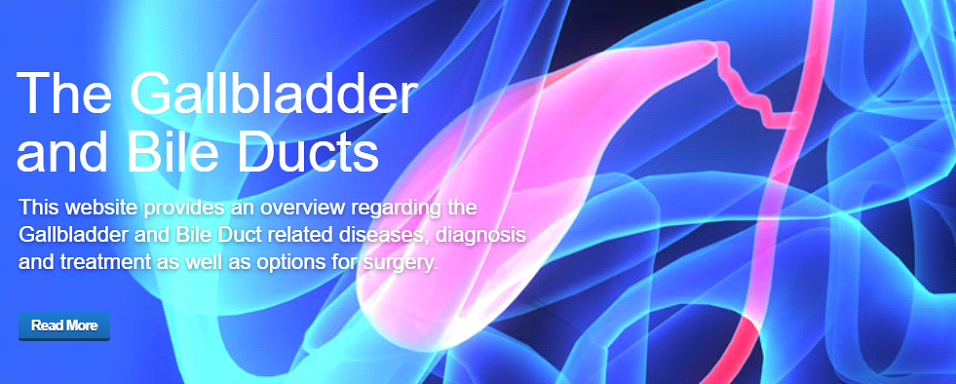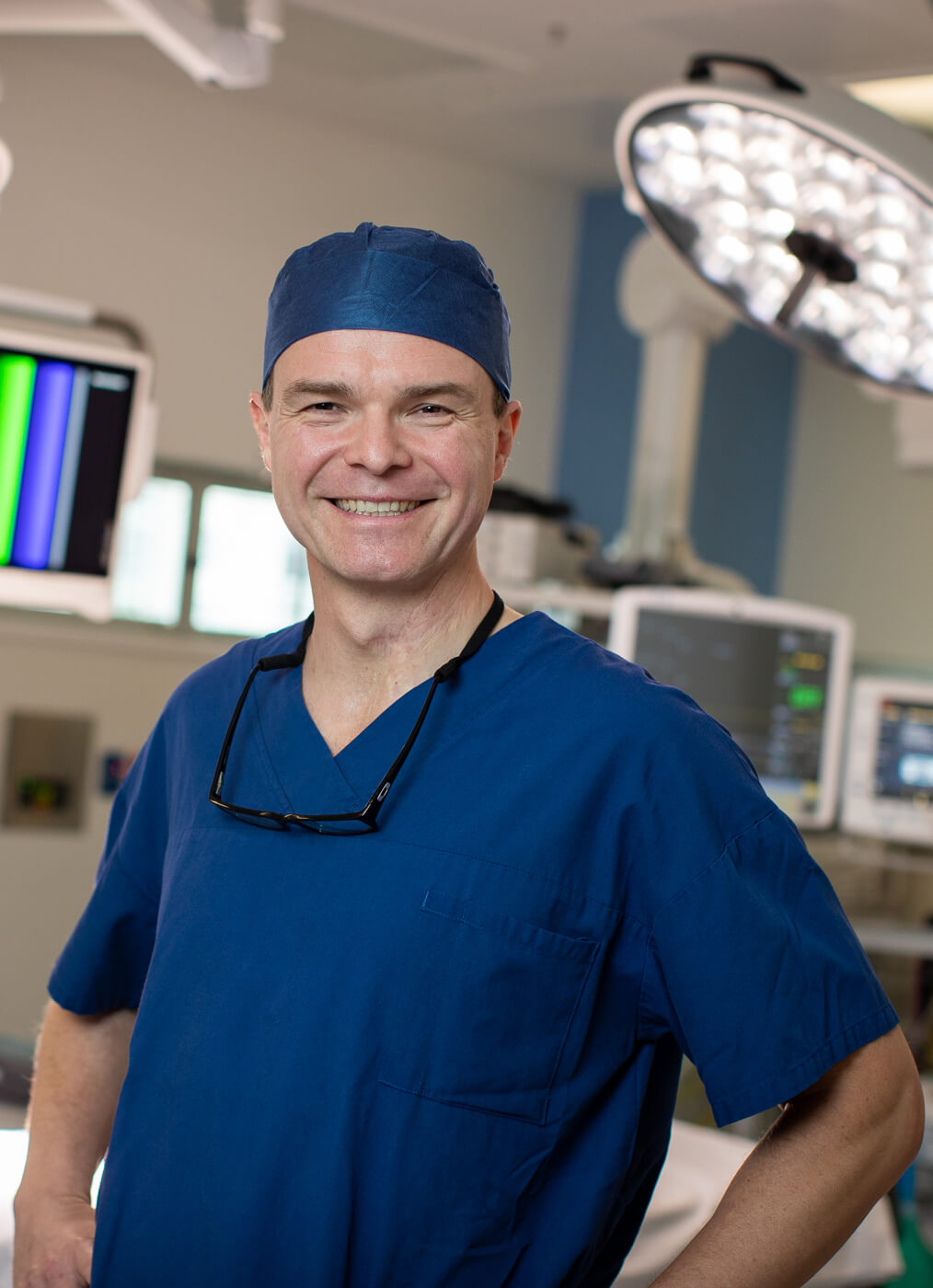
Gallbladder Removal on the Gold Coast by Dr Harald Puhalla
Gallbladder Removal on the Gold Coast by Dr Harald Puhalla
If you are having trouble with your gallbladder, then you may need surgery. The gallbladder is a small, pear-shaped organ that stores bile between meals. During meals, the gallbladder releases the bile to assist with digestion. Sometimes, the gallbladder develops problems such as gallstones or inflammation. In these cases a removal of the gallbladder might be recommended. Dr Harald Puhalla, General Surgeon, performs gallbladder procedures as well as a range of other surgeries including weight-loss surgery, hernia surgery, and surgeries involving the liver.
Signs you might have with a Gallbladder inflammation or biliary colic
Although numerous things can go wrong with the gallbladder, they tend to share symptoms with other organs. Here are some signs that may indicate a gallbladder condition.
- Pain. Pain is the most common symptom of a gallbladder issue. This pain may be mild and intermittent, or it may be severe and constant. It typically occurs in the upper-right abdomen after food.
- Nausea or vomiting. Nausea and vomiting frequently occur in gallbladder patients. Other digestive problems, such as acid reflux may occur in chronic gallbladder disease.
- Unusual urine or stools and Jaundice. If you have darker-than-normal urine or lighter- coloured stools and yellow tinted skin one possible reason is that a gallstone got dislodged from the gallbladder and is blocking the bile duct.
- Fever or chills. Unexplained fever or chills can indicate that an infection is present and your gallbladder may has become inflamed. It is essential to treat an infection before it worsens and becomes dangerous. However, in case of an acute inflammation of the gallbladder (acute cholecystitis) a gallbladder removal in the first few days after the symptoms have started is usually recommended. However, there might be reasons (e.g.: medical-very unfit, no hospital access, being on medications which can interfere with an emergency operation,…) to opt for a different management plan.
Gallstones: Often in association with consumption of a rich diet, cholesterol levels in the bile can increase and cause an imbalance. Excess cholesterol can lump together and form a crystal which slowly binds more cholesterol. Consequently, a “stone” develops. Stones caused by excess cholesterol account for over 80% of all gallstones. The size and number can vary from several marble-sized stones to hundreds of gravel-sized stones. Gallstones can also form from excessive bilirubin (a decomposition product of the red blood cell pigment haemoglobin) in the gallbladder. Sometimes stones can consist of cholesterol and bilirubin; these are known as mixed stones.
Bile duct stones: Sometimes, a stone gets squeezed from the gallbladder through into the bile duct. The duct becomes blocked and bile can no longer properly flow into the duodenum. The obstructed bile flow causes jaundice (yellowing of the skin/eyes) and probably cholangitis (infection in the bile duct). In about 10% of all patients undergoing laparoscopic cholecystectomy, stones are found in the bile ducts. These stones can cause blockages in the bile ducts or pancreas which may cause severe pain, infection or pancreatitis.
Potential complications from gallstones
- Cholecystitis: This is an inflammation of the gallbladder and is often associated with gallstone disease
- Cholangitis: If a stone gets dislodged in the gallbladder it can move into the main bile duct and blocks the bile flow from the liver into the bowels. This can cause an infection called cholangitis.
- Pancreatitis: This can occur when a dislodged stone from the gallbladder blocks the duct which drains the pancreas
What to do with asymptomatic gallstones? Asymptomatic gallstones are very common and are usually discovered during investigations for different reasons. However, the management of asymptomatic stones is usually based on the risk of developing symptoms or complications (e.g. inflammation of the gallbladder, bile duct or pancreas). It has been found that patients without symptoms have about a 7%-26% lifetime risk of developing symptoms or complications from their asymptomatic gallstones. (Cleveland Clinical Journal of Medicine 2019). Usually the standard treatment is expectant management and a cholecystectomy is not necessary. Although, in some people a prophylactic cholecystectomy can be indicated (e.g. depending on some medical conditions or substantial weight loss).
Make an appointment to see your doctor as soon as possible if you have noticed any of these symptoms. For patients who have symptomatic gallstones, an ultrasound is performed to visualise the stones in the gallbladder and to look for stones in the bile duct. Blood samples are taken to assess the liver function tests (elevation of them could be associated with a stone in the bile duct).
What You Can Expect from Dr Harald Puhalla, General Surgeon at the Gold Coast regarding Gallbladder removal
If you are experiencing problems with your gallbladder (e.g. inflammation or colic), then you may need surgery to remove your gallbladder, and you’ll need to find a reputable and experienced surgeon to perform the procedure and oversee your care. Here are a few of the things you can expect when you choose us.
- Outstanding care. We care for our patients deeply, providing first-rate service before, during, and after your procedure.
- Extensive experience. Dr Puhalla has over 20 years’ surgical experience and the training needed to perform a range of procedures.
- Minimally invasive techniques. We use minimally invasive “keyhole” techniques to provide surgery with less risk and shorter downtimes
We focus on patient success rates and long-term support to give you the best odds of an optimal outcome.
About Dr Harald Puhalla, General Surgeon
Dr Puhalla is committed to helping his patients achieve the best possible results. He constantly works to further his education and stay on top of the latest research and techniques. Surgeries Dr Puhalla offers include gallbladder and bile duct surgery, weight-loss procedures, heartburn/reflux procedures, inguinal and abdominal wall hernias operations, surgery for primary and secondary liver cancer, benign and malignant pancreatic lesions and more. He is based at the Gold Coast Private Hospital and Pindara Private Hospital. Contact Dr Puhalla today if you are experiencing symptoms of a gallbladder issue.

